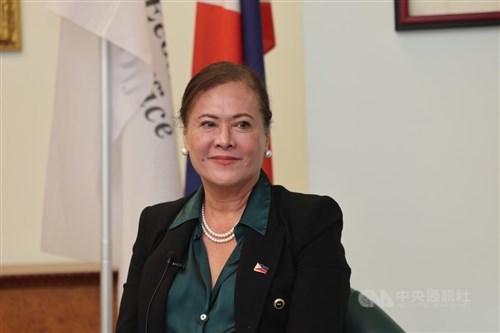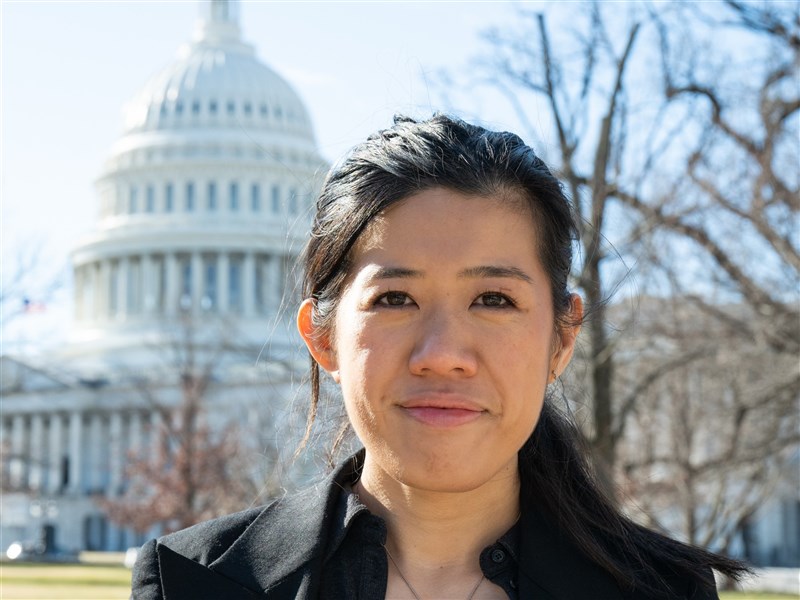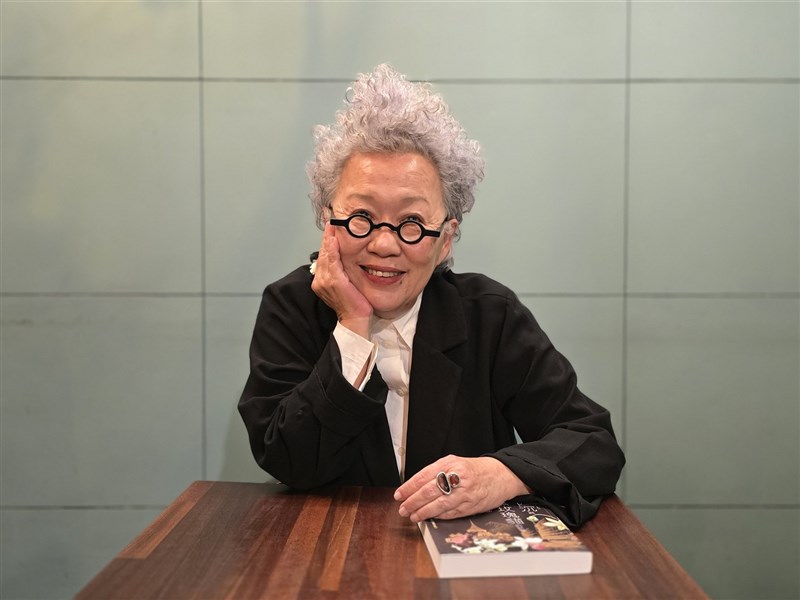INTERVIEW / RSF chief lauds Taiwan's free press but calls for media reforms
10/20/2024 09:09 AM
Reporters Without Borders (RSF) Director General Thibaut Bruttin has high praise for Taiwan's free media, but argued recently that work still needed to be done to encourage more editorial independence in local newsrooms.
(Full text of the story is now in CNA English news archive. To view the full story, you will need to be a subscribed member of the CNA archive. To subscribe, please read here.)
More in INTERVIEW
-
![Filipino workers' well-being, investment ties top priorities: Envoy]() Filipino workers' well-being, investment ties top priorities: EnvoyCorazon Avecilla-Padiernos, the Philippines' new top envoy to Taiwan, said her priorities are safeguarding the well-being of Filipino workers in Taiwan and deepening economic ties between the two sides.02/13/2026 05:51 PM
Filipino workers' well-being, investment ties top priorities: EnvoyCorazon Avecilla-Padiernos, the Philippines' new top envoy to Taiwan, said her priorities are safeguarding the well-being of Filipino workers in Taiwan and deepening economic ties between the two sides.02/13/2026 05:51 PM -
![Jimmy Lai's daughter slams his 20-year sentence as 'laughable']() Jimmy Lai's daughter slams his 20-year sentence as 'laughable'The daughter of jailed Hong Kong media tycoon and pro-democracy activist Jimmy Lai (黎智英) on Tuesday condemned her father's trial as "extremely unfair" and his 20-year prison sentence as "laughable," a day after the verdict was handed down.02/10/2026 03:35 PM
Jimmy Lai's daughter slams his 20-year sentence as 'laughable'The daughter of jailed Hong Kong media tycoon and pro-democracy activist Jimmy Lai (黎智英) on Tuesday condemned her father's trial as "extremely unfair" and his 20-year prison sentence as "laughable," a day after the verdict was handed down.02/10/2026 03:35 PM -
![Myth of 'good person': Thai writer Veeraporn Nitiprapha on memory and nonconformity]() Myth of 'good person': Thai writer Veeraporn Nitiprapha on memory and nonconformityVeeraporn Nitiprapha was surprised to watch her "kind and nice" friends retreat into a state of chilling indifference, when the Thai government opened fire on Red Shirt demonstrators on April 10, 2010.02/06/2026 08:27 PM
Myth of 'good person': Thai writer Veeraporn Nitiprapha on memory and nonconformityVeeraporn Nitiprapha was surprised to watch her "kind and nice" friends retreat into a state of chilling indifference, when the Thai government opened fire on Red Shirt demonstrators on April 10, 2010.02/06/2026 08:27 PM
Latest
-
Politics
Lawmaker released on NT$1 million bail amid multiple probes
02/13/2026 10:05 PM -
Society
Taiwan allows import of spinal cords from U.S. cattle 30 months or younger
02/13/2026 09:59 PM -
Business
1,811 industrial products exempt from U.S. tariffs: Economics minister
02/13/2026 08:56 PM -
Society
Taoyuan airport braces for record daily passenger traffic as LNY starts
02/13/2026 08:35 PM -
Business
Taiwan's pig farmers urge enactment of bills to enforce origin labels
02/13/2026 08:32 PM


